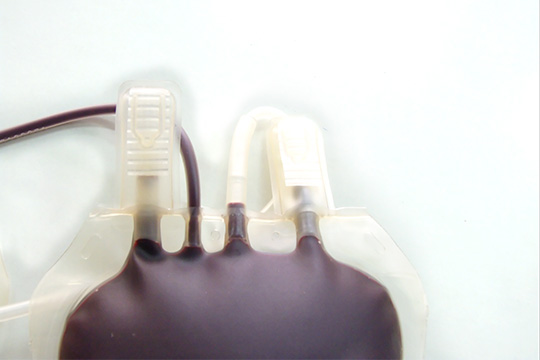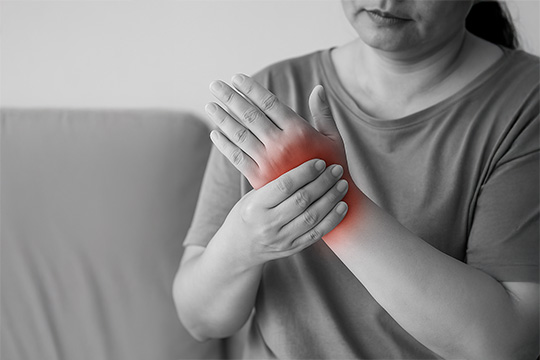Home > Disease and Treatments > Emergency Medicine – Your Lifeline in Crisis
Emergency Medicine – Your Lifeline in Crisis
Emergency medicine is a vital branch of healthcare dedicated to diagnosing and treating acute illnesses and injuries that require immediate attention. This field serves as a crucial safety net, offering timely interventions that can make a significant difference in life-threatening situations. The role of an emergency doctor is essential in providing patients with the appropriate care during critical situations. Given the fast-paced and often chaotic nature of theemergency department of a hospital, understanding the functions and importance of emergency medicine can empower individuals to seek help promptly when necessary.
What is Emergency Medicine?
Emergency medicine encompasses a wide range of medical services specifically designed to address urgent health issues. An emergency doctor is trained to handle everything from traumatic injuries to severe infections and acute illnesses. Their expertise lies in making rapid, informed decisions that stabilize patients and prevent complications from arising. Whether a patient is suffering from a car accident, experiencing chest pain, or undergoing a sudden allergic reaction, these medical professionals are equipped with the skills and knowledge needed to manage critical conditions effectively. The emphasis on quick assessment and intervention is what sets emergency medicine apart, making it a cornerstone of effective emergency medical care.
Emergency Medical Services (EMS)
Emergency medical services (EMS) form a crucial part of the emergency medicine landscape. These services include ambulances, emergency response teams, and other medical personnel who provide urgent care in various situations. The primary objective of EMS is to deliver timely emergency medical response to individuals in distress, often before they reach the hospital. First responders, such as paramedics and EMTs, are frequently the first point of contact for patients experiencing medical emergencies. They provide life-saving interventions, such as CPR, defibrillation, and stabilization of injuries, all of which can significantly enhance the chances of a positive outcome. Understanding the role of EMS is essential for recognizing the importance of quick and coordinated emergency responses.
The Emergency Department of a Hospital
The emergency department of a hospital (ED) is specifically designed to handle acute medical situations and serve as a hub for emergency care. When a patient arrives at the ED, a triage nurse assesses the severity of their condition to prioritize care based on urgency. Common conditions treated in the ED include fractures, strokes, heart attacks, and respiratory distress, among others. The ED is equipped with advanced diagnostic tools and technologies that facilitate quick decision-making and treatment initiation. Understanding how the ED operates can help individuals make informed decisions about when to seek emergency medical treatment. Knowledge of the triage process, for instance, can alleviate concerns about waiting times and clarify the importance of prioritizing life-threatening conditions.
Pediatric Emergency Medicine
Pediatric emergency medicine is a specialized field focused on treating children who are facing acute medical issues. Children have different physiological responses than adults, necessitating tailored care that considers their unique needs. Pediatric emergency medicine doctors undergo additional training to handle a variety of conditions, ranging from common illnesses like asthma attacks to severe trauma from accidents. The importance of specialized care in this area cannot be overstated, as quick and accurate treatment can significantly improve outcomes for young patients. Understanding the distinct considerations in pediatric emergency care can help parents feel more confident when seeking medical help for their children.
Emergency Medical Response
An effective emergency medical response can mean the difference between life and death. This response involves coordinated efforts from EMS, hospital staff, and emergency doctors. Key components of a successful emergency response include quick assessment of the situation, timely intervention, and efficient transport to a medical facility. Education about recognizing emergencies—such as signs of a stroke or heart attack—and knowing how to respond can empower individuals and communities to act decisively in critical moments. This proactive approach can ultimately save lives and improve overall public health outcomes.
Emergency Medical Care
When individuals visit an emergency department, they can expect a comprehensive approach to emergency medical care. This includes a series of diagnostic tests, immediate treatment options, and consultations with specialists as needed. The focus in the ED is on stabilizing patients and addressing immediate health concerns, which may include administering medications, performing surgical interventions, or providing supportive care. Understanding what to expect during an emergency visit can alleviate anxiety and promote quicker, more effective care. Knowing that the healthcare team is prepared to address a wide range of conditions can reassure patients that they are in capable hands.
Conclusion
Emergency medicine is an essential part of our healthcare system, serving as a critical resource for individuals in crisis. Knowing when to seek help from an emergency doctor or the emergency department of a hospital can be life-saving. Whether facing an acute illness, a traumatic injury, or a pediatric emergency, timely medical response and intervention are critical to achieving the best possible outcomes. Stay informed about the signs of medical emergencies and proactive about your health. Don't hesitate to reach out for emergency medical treatment when needed, as doing so can make all the difference in a life-threatening situation. Remember, your health and safety are paramount, and the resources available in emergency medicine are here to support you in times of crisis.





